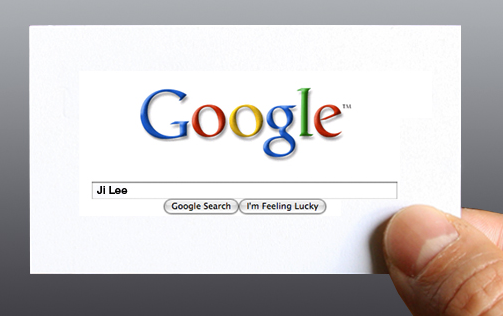Rebekah Denn has posted links to blogs “and other online works” from other staff members from the former Seattle Post-Intelligencer newspaper. The list included a number of photographers but the thing that caught my attention was the variety of “beats.”
- Reporter, food writer, former restaurant critic
- Features writer, children’s book reviewer
- Art critic
- Restaurant critic
- Freelance classical music writer
- Reporter, specializing in neighborhood sustainability
- Lifestyles editor, former sports columnist and TV critic
- Environmental reporter
- Copy editor
- Business reporter
- Investigative reporter
- Researcher and editor
- Pop music critic
- Photo Assignment Editor
- Illustration, graphic artist
- Aerospace reporter
And that’s probably not a complete list of the positions that went away when the paper folded. My guess is, these folks really knew their stuff. And are good reporters and writers. I hope they find good jobs.
Knowing absolutely nothing about the newspaper business, it’s difficult for me to imagine how any paper could afford have all these. Did the restaurant critic write one story/column a day? How can you make that math work? Is it heresy to suggest the “food writer” also be the “restaurant critic?” Why do you need a “pop music critic” AND a “freelance classical music writer?” “Environmental reporter” and “neighborhood sustainability” reporter?
And I DO understand the same sort of analysis could be done of our business. Or any media business.
I suspect they had all of these niche positions because they could. When the ad dollars were flowing in, why not. Let’s cover everything. But those days are gone.
One final thought. Rebekah’s blog is “Eat All About It: Food, journalism and recipes from the great Northwest.” It’s okay but I’m not sure it’s any better than this one by a former co-worker of mine, Lane McConnell. I suppose Lane is technically an amateur since she doesn’t get paid. And there must be thousands of of these. Probably hundreds in Seattle alone.
When such a wealth of information is just a Google search away, how does a newspaper make the case, “We have the best food stories, read us.”
I think it only worked when they could say, “We are one of only two sources of stories about food in Seattle.”

